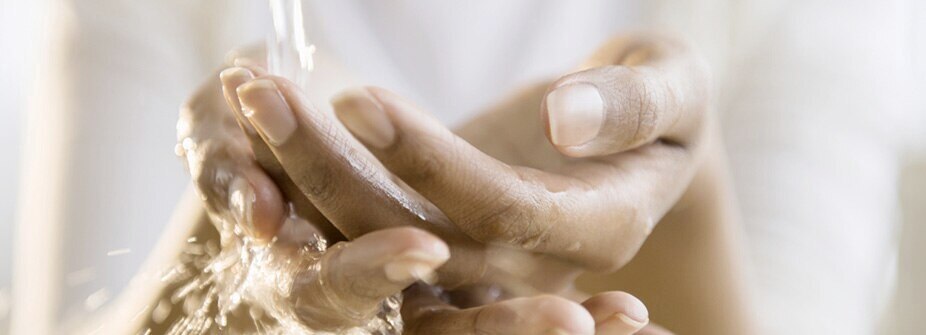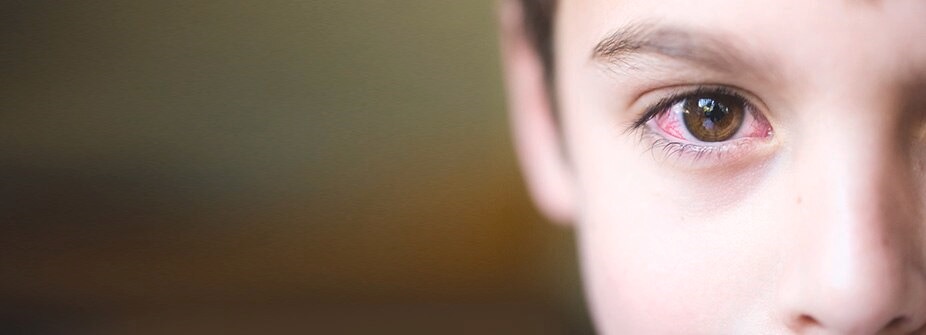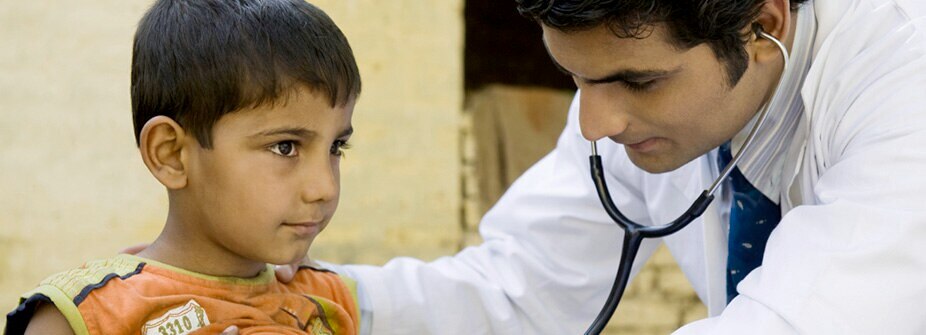What is MRSA?
MRSA is a so-called 'evolved germ' that’s immune to most antibiotics. These germs may already be living harmlessly on your skin or in your nose and can give rise to skin infections. More severe infections arise if these germs get into your body or bloodstream via a wound or during surgery. MRSA disease can be transmitted from person to person fairly easily through direct contact.
MRSA
How to Treat and Prevent MRSA
MRSA symptoms
- Chest and joint pains
- Headaches
- Poor healing
- Fatigue
- Muscle ache
- Shortness of breath
- Fever
- Pimples, boils and abscesses
MRSA prevention:
Medical practices
Cover your cuts
You do not want the infection to get into your skin or your bloodstream, so protect your family by covering any wounds and grazes with waterproof dressings.
Don’t share
Keep the risk of spreading MRSA germs to a minimum by using your own towels and face cloths.
Hygiene and habits
Stop the spread!
MRSA moves from person to person via direct skin-to-skin contact – so encouraging good hygiene through regular handwashing with an effective germ protection soap is a great way to keep those germs at bay. Hospital patients are particularly susceptible to infection, so you must use hand sanitizers or wash your hands before and after visiting them.
MRSA treatment: Do's and Don’ts
Do:
- Check for an infected area of skin, resembling a spider bite (it may be red, inflamed, painful, warm to the touch, accompanied by a fever and/or full of fluid).
- Bandage the wound immediately to stop the spread of infection.
- Wash your hands thoroughly, immediately after coming into contact with the infected person.
- Visit your doctor so that they can diagnose MRSA and recommend a course of treatment – the doctor may decide to drain the fluid away and prescribe antibiotics.
- Wash your clothing and linens with a detergent.
Don't:
- Ignore the issue – MRSA can be a serious condition and your doctor is best placed to help you treat it.
- Attempt to drain the pus away yourself, as this increases the risk of the infection spreading.
- Share personal items, such as razors, clothing, bedding and towels.
- Stop taking your antibiotics when you feel better – it is vitally important that you finish your course of treatment to prevent the evolution of a drug-resistant strain of MRSA.
Mythbusters
MRSA is not treatable.
Although MRSA infections are, by definition, resistant to antibiotics, they’re not usually resistant to every kind. Most MRSA infections can actually be treated.
You can catch MRSA just by sitting next to an infected person.
No. It has to be direct contact. Either by touching them or touching items they’ve been in contact with – towels, bandages, or cups, for instance.
Medical source: British health authority
References
- http://www.cdc.gov/mrsa/
- http://www.cdc.gov/mrsa/community/photos/index.html




